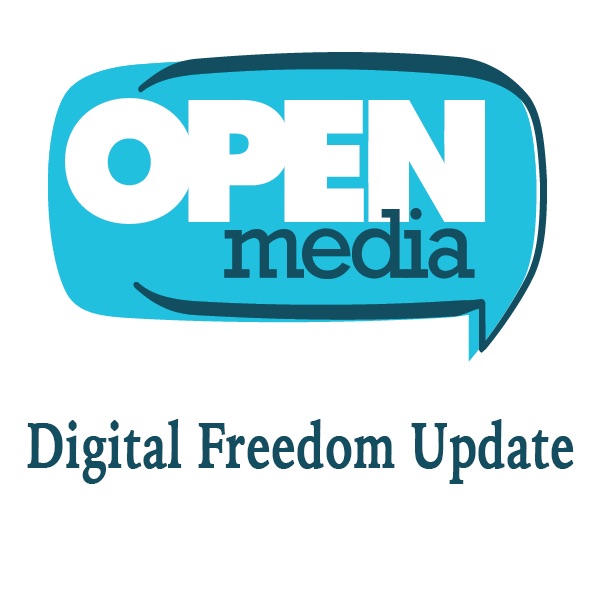Like this article? rabble is reader-supported journalism. Chip in to keep stories like these coming.
“You have used 100% of your monthly data allocation. Additional charges will apply” — there’s probably not an Internet user out there who hasn’t grimaced upon receiving a message like this from their telecom provider. Sadly, mean-spirited data caps, accompanied by extortionate overage fees, have long been one of the most reviled features of our broken telecom market.
But there’s good news: the Canadian Radio-television and Telecommunications Commission (CRTC) recently announced a public consultation that represents the best chance in decades to finally give Canadians relief from oppressive data caps.
The consultation was sparked by concerns that some large telecom providers are unfairly privileging certain apps and services over others — for example, by enabling a customer to use one streaming service without it counting against their data cap, while charging steep data fees if that customer prefers to stream from an alternative service.
This type of action on the part of large telecom companies is a clear breach of Net Neutrality — the principle that all data on the Internet should be treated equally. Net Neutrality rules are important, because they ensure that it’s up to the individual customer to decide which apps, services, and websites they access on the Internet, rather than having their telecom provider decide for them, by using low data caps and high overage fees to prod customers into using certain services over others.
That’s why my organization, OpenMedia, recently published a report revealing just how raw a deal Canadians are getting on data caps, relative to our international counterparts.
Our research found that none of the Big Three wireless providers — Bell, Rogers, and Telus — offer an unlimited wireless plan. We also found that minimum home broadband data caps in Canada, which start at just 20GB, are eight times smaller than the minimum caps on offer from major providers in the U.S.
This is especially important when it comes to low-income Canadians, who are priced out of plans with higher caps. A family whose data cap is just 20GB, or even 50GB, a month, is effectively shut out from important parts of the Internet.
For example, watching a program on Netflix will use between 1 and 3GB of data per hour of streaming. Therefore, in one month it would take only 45 minutes of standard definition streaming per day for a family to exceed their 20GB data cap.
The consequences of this extend far beyond entertainment — imagine your child not being able to access an educational video or documentary because it would breach your data cap. And, all this against a backdrop where 40 per cent of our lowest-income households cannot afford home Internet, period.
It’s also worth highlighting how telecom giants are using low caps as a way of artificially locking Canadians into expensive cable TV subscriptions — if your data cap is too low to enable you to watch what you want on the Internet, you may feel forced to buy cable TV just to watch your favourite shows, despite those same shows often being available for much cheaper online.
It’s clear that it’s time for action — and Canadians agree. In the space of just seven days, over 15,000 people endorsed our open letter to the CRTC calling on them to put an end to all data caps on home broadband, and to ensure every Canadian can access an unlimited wireless plan at an affordable price.
At a stroke, that would ensure that all Canadians, regardless of income level, can use the Internet in the way they see fit. Over recent years, the CRTC has shown itself increasingly willing to listen to telecom customers, rather than just to the telecom giants. So there’s every reason to believe that this is a fight we can win, though we’ll need to work hard over the coming months to do so.
You can stay in touch with how we’re doing at OpenMedia.org, and by following us on Facebook, and on Twitter at @OpenMediaOrg.
David Christopher is communications manager for OpenMedia, which works to keep the Internet open, affordable, and surveillance-free.
Like this article? rabble is reader-supported journalism. Chip in to keep stories like these coming.



